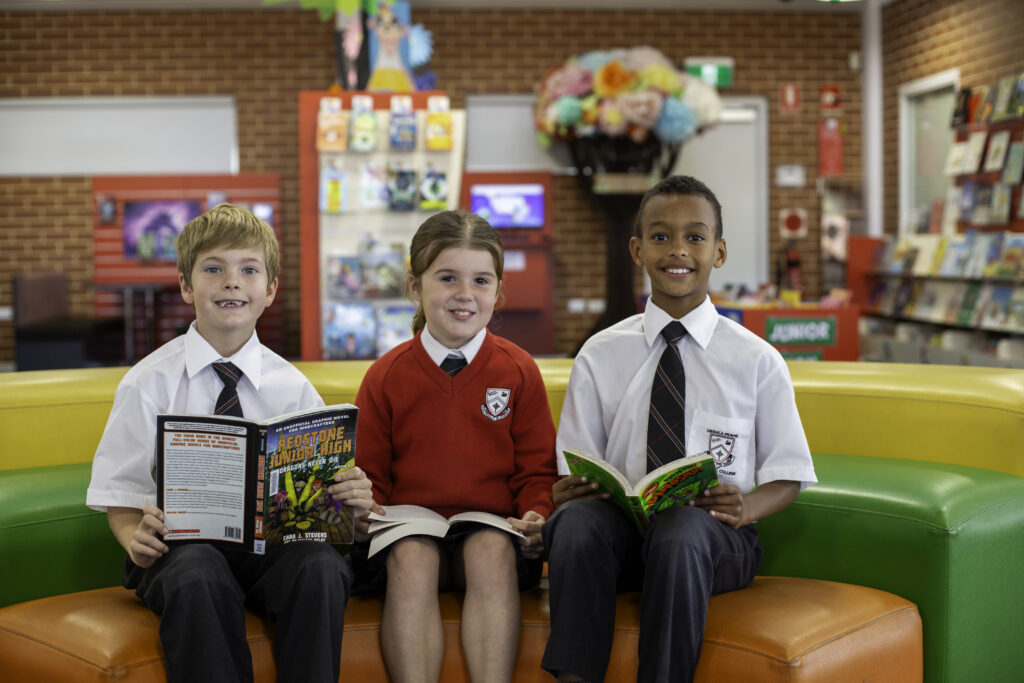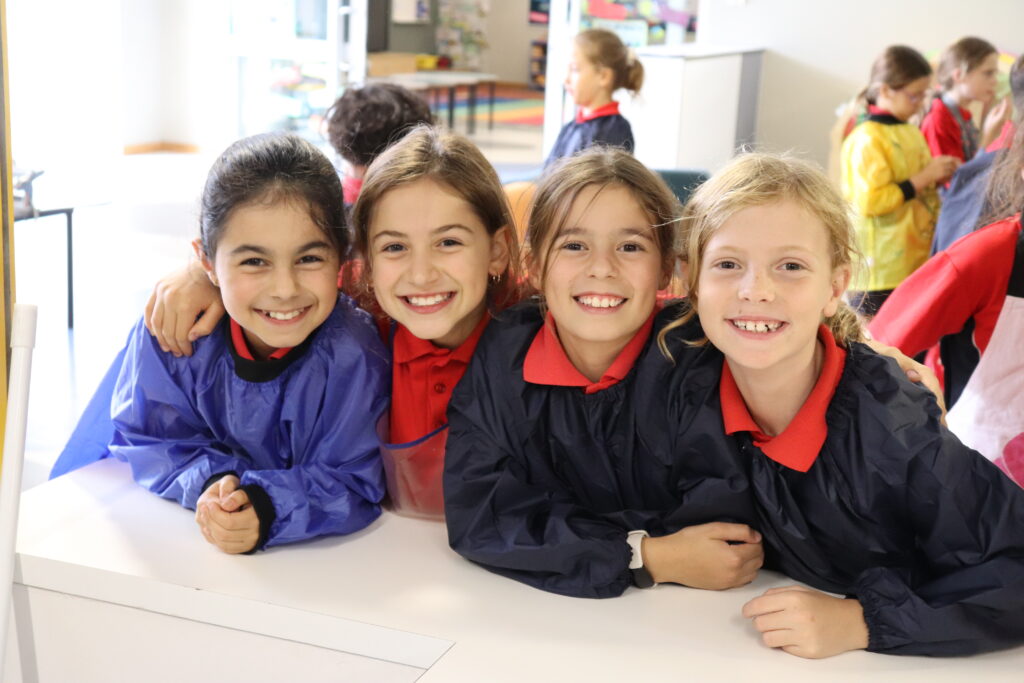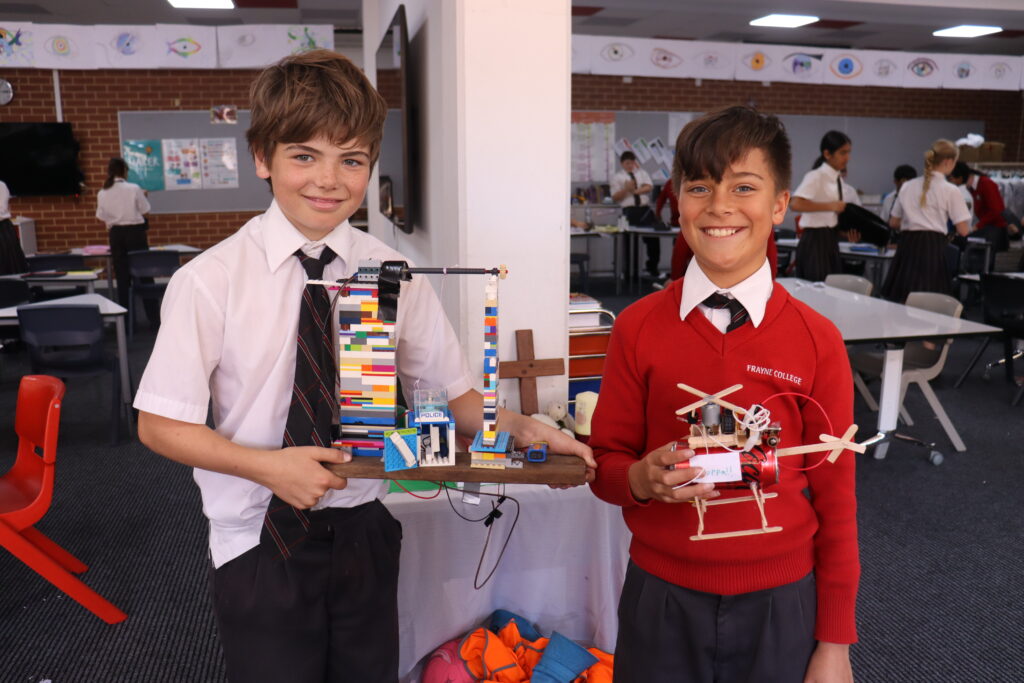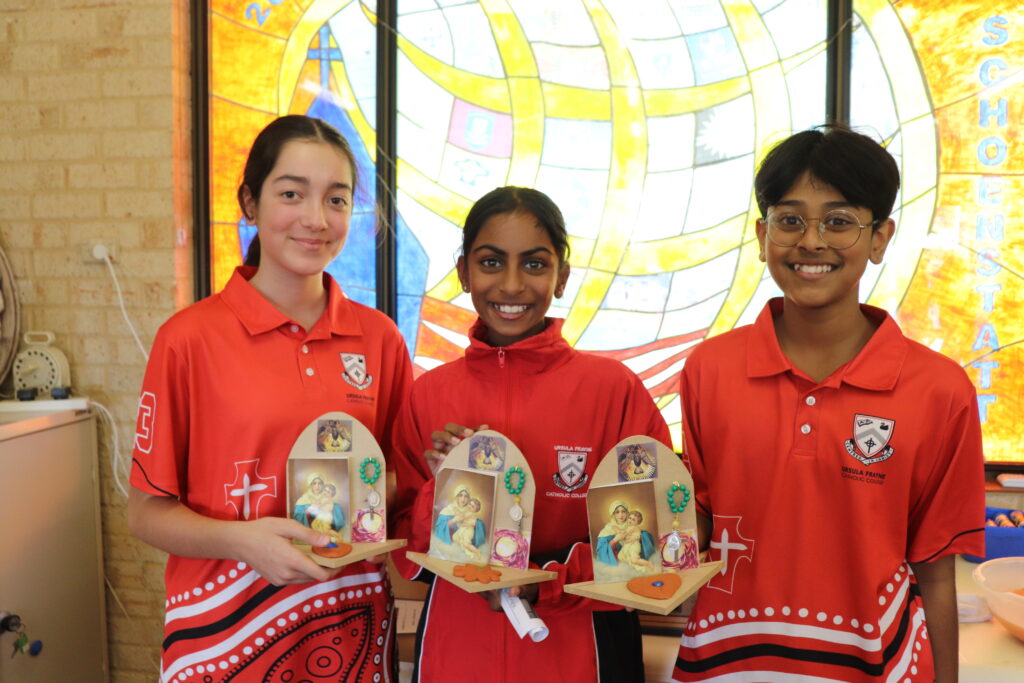Welcome to Junior School




In the Junior School years, as children grow, their sense of themselves and their world expands. They begin to see themselves as members of larger communities. They are interested in and like to speculate on other times, places and societies. They begin to understand and appreciate different points of view, develop the ability to think in more abstract terms and undertake sustained activities for longer periods.
Students’ abilities to work collaboratively and to develop their social skills are fostered by activities which require group planning and decision making, and interaction with people inside and outside their classroom. They are given increased responsibility for managing and organising activities, individually and in groups of varying sizes, especially through the leadership program.
Increasingly students learn to draw on a wider range of sources of information in answering questions and consider phenomena more widely. Students explore a wider range of technologies and forms of communication and representation
Students are supported in their personal development through a caring class teacher the support of a number of specialist teachers.
As well as the Archdiocesan Religious Education Curriculum which is taught by the class teachers, students also participate in school and class masses. Most school days begin with Quiet Prayer.
Time where time is set aside for prayer, meditation and reflection. Students are also prepared to receive the Sacraments of Penance (Year 3), Eucharist (Year 4) and Confirmation (Year 6). At the conclusion of each sacramental program, students return to their parishes to receive the sacrament.
This learning area encompasses Reading, Writing, Viewing, Speaking and Listening. Students who require additional support receive 30-60minutes of small group instruction per week from the Literacy Support Teacher.
The class teacher presents a differentiated program to extend all students, regardless of their achievement level. In addition, in Years 5 & 6, a select group of high achieving Mathematics students is invited to participate in the Mathematics Extension Withdrawal Class which is taken by a Mathematics Teacher from the Duncan Street campus once a week.
In Health, the Junior School delivers a number of programs to develop the emotional intelligence and resilience of the students. Social skills lessons, You Can Do It, Rock and Water (Year 5), and Aussie Optimism (Year 6) are programs that teach all students how to build relationships, communicate positively, make decisions and solve problems. In addition, students are able to access the school counsellor when they need additional support.
Students receive 120minutes of Physical Education during the week in addition to swimming lessons at the beginning of the year. There are 3 intra-school carnivals (swimming, cross country and athletics) where all students participate and the corresponding interschool carnivals where representative teams are chosen. Before and after school training is held to prepare the interschool teams.
Beginning in Year 3, students can choose to study either Italian or Japanese.
The Arts comprises of Music, Drama and the Visual Arts and all students are exposed to the three forms during the year. All students in Year 3 belong to the Year 3 Beginning Choir whilst the Junior School Choir is an auditioned choir comprising of students from Year 4-6. Parents can also pay for their child to take instrumental lessons during the school day and these lessons are delivered by the peripatetic teachers. Students learning a band instrument are invited to join the Junior School Band.
Primary Connections is the main program used to deliver the science outcomes.
The class programs develop the students’ understanding of their cultural, geographic and historical contexts as well as the knowledge, skills and values necessary for active participation in life in Australia.
This learning area provides exciting opportunities for students to become involved in a range of learning experiences that bring ideas from conception to fruition.
